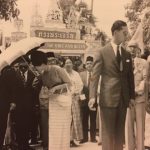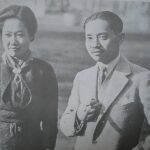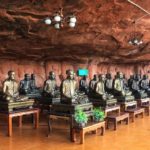Ananda Mahidol Day in Thailand (2024) – King Rama VIII
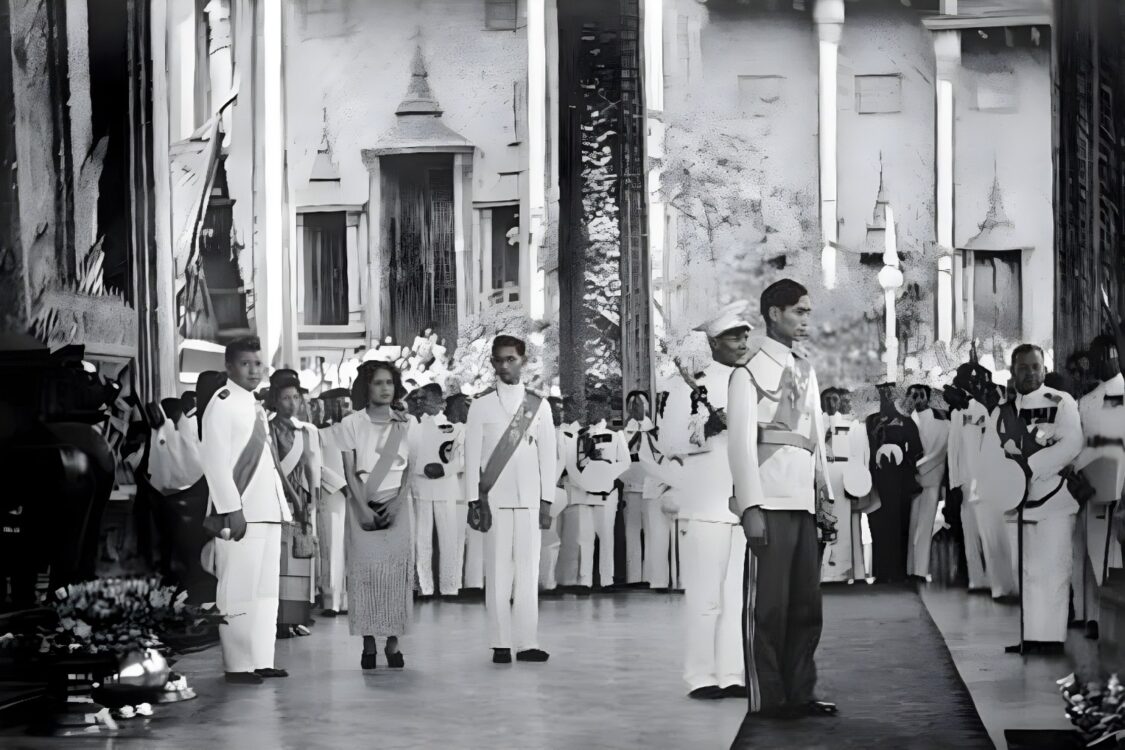
King Ananda Mahidol (right) with his brother Prince Bhumibol (center) and Former Regent Pridi Banomyong (left) in 1945
On June 9th (2024), Thailand honors the life and legacy of King Ananda Mahidol, also known as King Rama VIII. This yearly memorial is known as Wan Ananda Mahidol (วันอานันทมหิดล), and includes various events of remembrance, the most notable being a special wreath laying ceremony in front of the Ananda Mahidol Building at Chulalongkorn University’s Faculty of Medicine in Bangkok.
Ananda Mahidol was the first son of Prince Mahidol Adulyadej of Songkla and Mom Sangwal. His name is pronounced in Thai as “Aa-nan-tá Má-hì-don,” which means the “Beloved of the Land”. As a young boy, Ananda and his younger brother Bhumibol Adulyadej (the future King Rama IX) were brought up in an environment that emphasized both traditional Thai values and modern education.
At the age of only nine, Ananda Mahidol was called upon to ascend the throne after the abdication of his uncle, King Prajadhipok (Rama VII), on March 2, 1935. King Prajadhipok was the last absolute monarch of Thailand, who eventually abdicated the throne due to concerns regarding the new “democratic” regime.
Ananda Mahidol’s coronation as King Rama VIII of Siam marked a significant moment in Thai history. Given his young age, Prince Aditya Dibabha, and Chao Phraya Yommaraj were named Regents and tasked with managing Royal affairs until the young king came of age.
One significant event during King Ananda Mahidol’s (Rama VIII) regency period was the decision not to sign the Thai government’s alliance with Japan during World War II. This decision was made by a new Royal representative, Pridi Banomyong, who served as Regent from 1941 to 1945.
Khun Pridi was a respected Thai statesman who played an important role in drafting Thailand’s first constitutions in the early 1930s. He also was a leading figure in the Free Thai Movement (Seri Thai), an underground resistance group whose largest contingent was in Sakon Nakhon, Northeast Thailand.
Seri Thai opposed the Japanese occupation and sought to align Thailand with the Allied powers. Khun Pridi’s decision not to formally endorse the Japanese alliance had significant implications for Thailand’s post-war status.
When the war ended in 1945, Thailand was able to argue that its collaboration with Japan had been coerced and that the declaration of war was not legally binding, as it had not been signed by the Regent representing the king. This position helped Thailand negotiate more favorable terms with the Allies during the post-war settlement.
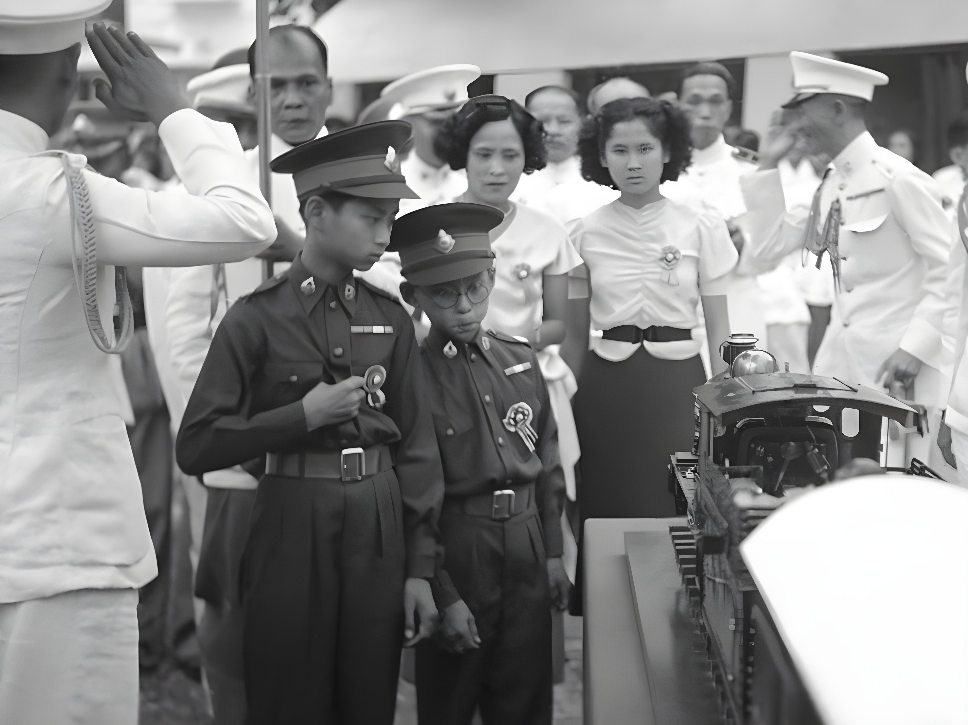
King Ananda Mahidol’s Return to Thailand
In December 1945, after the conclusion of World War II, King Ananda Mahidol returned to Thailand, receiving a warm and enthusiastic welcome from the Thai people. His return brought renewed hope for a bright future for Thailand, guided by a democratic government with the King as head of state.
One of King Ananada’s early duties as the Thai monarch was presenting royal degrees to graduating students at Siriraj Hospital’s University of Medicine on April 23, 1946. At the event, King Ananda stated a desire to create more doctors to serve the Thai people. One subsequent initiative was the establishment of Thailand’s second medical school, which later would become the Faculty of Medicine at Chulalongkorn University.
Tragically, King Ananda Mahidol’s life was cut short on June 9, 1946, when he was found dead in his bed in the Grand Palace in Bangkok, with a gunshot wound to his head. The circumstances surrounding his death remain one of the greatest mysteries in Thai history, sparking numerous theories and widespread speculation.
Political turbulence followed King Ananda’s death, with a military coup taking place in 1947. Pridi Banomyong (who had risen to Prime Minister) suddenly found his political opponents making accusations that he was somehow involved or was culpable in the young king’s death, although no concrete evidence supported these claims. Fearing for his safety, Pridi eventually fled Thailand and lived the remainder of his life in exile in France.
Eventually 3 men were found guilty of murdering King Ananda and executed by firing squad. However, in an interview with the BBC in the late 70s, King Bhumibol Adulyadej (still visibly distraught over the loss of his older brother) suggested that the real explanation for King Ananda’s death would never be known, due to the machinations of powerful figures in Thailand and internationally.
King Bhumibol Adulyadej Discusses the Death of King Ananda
King Ananda Mahidol’s legacy is ultimately one of youthful promise and enduring impact. Although his reign was brief, his dedication to his studies (in preparation to assuming the Thai throne) and his commitment to the well-being of the Thai people left a lasting impression.
His younger brother, Bhumibol Adulyadej, reluctantly but duty-bound, ascended the Thai throne as King Rama IX. And as King of Thailand, he honored his brother’s memory by devoting his life and treasure to the care of the Thai people throughout an unprecedented 70 year reign — one that earned him the title King Bhumibol the Great.
- Affirmations in Buddhism & Thailand - June 7, 2025
- Speak Thai Naturally Without the Gymnastics - April 20, 2025
- The Best Learn Thai Podcast and YouTube Channel - April 10, 2025

